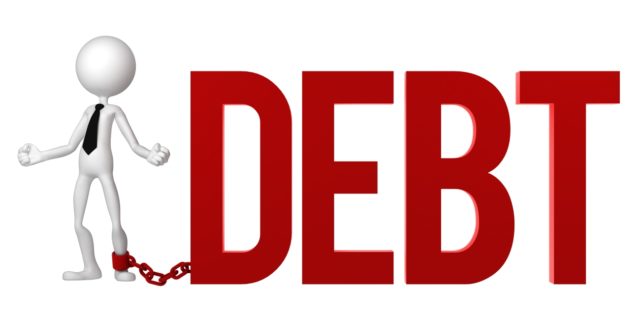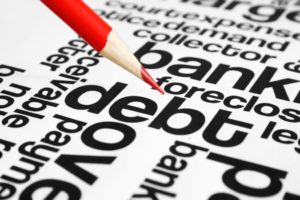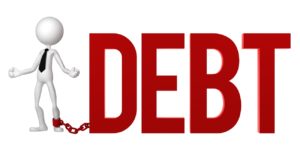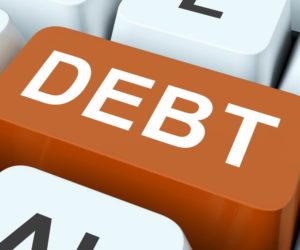
Wouldn’t it be great if your leaking roof could be replaced in just a few hours to beat the impending rainstorm? Or if your car engine could be rebuilt before the weekend so the road trip can go on? Sure. It’d also be nice to earn six figures working part-time from home or be able to travel indefinitely without worry about supporting ourselves. But these things all have one thing in common: they’re too good to be true.

Behind the Get-Out-of-Debt-Quick Curtain
In recent years, the reputation of the debt relief industry hasn’t been great. Countless companies looking to prey on the emotional burden debtors often carry have promised the world only to scam these people blind. Scams occur in all types of businesses and around the globe, but there’s something particularly sick about someone in large debt losing more money because of their aspirations to get out of it.
Anyone looking for debt relief needs to thoroughly research providers, personally communicate with each one and think critically about each company’s intentions. Do they put educating you first, or are they trying to push you toward a particular strategy?
For example, if you were researching Freedom Debt Relief for scams, you could look at their online reviews and see what people have listed about their experiences. You won’t find 100 percent positive reviews for any debt relief company, but online reviews are a quick way to at least tell if a company provides a legitimate service.
In the case of debt settlement, never pay a company any money before they have successfully lowered some of your debt and you’ve agreed to pay it. If they want to charge you an upfront fee, you won’t hear from them again after you pay it because you’ll have fallen for a scam. This will usually be paired with a promise to wipe all your debt away, or an exact amount of your debt. No debt relief company can guarantee that creditors will forgive any debts. The Federal Trade Commission warns against these things on their website, urging anyone coming in contact with these scammers to file a report.
What a Real Debt Relief Experience Is Like

If the former sums up your situation, a debt management or consolidation plan prioritizes making headway on the balances with the highest interest rates or consolidating debt by taking out a new loan with a lower interest rate to pay off older balances and be left with one account in debt. If the latter describes your financial situation, you’re a candidate for debt settlement or bankruptcy.
Debt management and consolidation, if done through a company, usually involves a monthly fee. If undergoing debt settlement through a company, they’ll handle the negotiations with your creditors, usually while you stop paying your accounts. The idea is to motivate creditors to accept a lower lump-sum payment instead of risk getting nothing if you declare bankruptcy. Bankruptcy, either chapter 7 or 13, carries their own expenses through court costs, lawyer fees and financial education courses.

So, as you’ve learned, debt settlement and bankruptcy couldn’t be farther from get-out-of-debt-quick schemes; they’re last-resort options for people in a financial corner they can’t escape. That doesn’t mean they can’t be effective for certain situations, though. If you’re in big debt, you owe it to yourself to explore all your possible options. It’s the only way to make the best choice for your situation.














The basic repayment fundamentals of Chapter 7 and Chapter 13 differ from each other. Chapter 7 functions by canceling debts altogether and requiring you to sell the nonexempt property to pay back as much as you can. However, Chapter 13 allows your debt to remain, partnering alongside you to create a reasonable monthly payment plan.